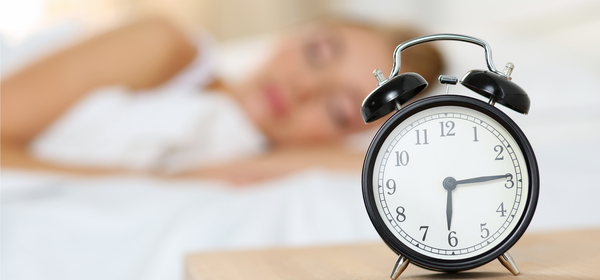Sleep is something that we often take for granted until we’re having trouble getting it. A sleepless night can be frustrating, but when this becomes a regular occurrence, the effects can be highly detrimental to our health.
We spend roughly a third of our lives asleep, and for good reason too. Sleep is crucial for the human body to refresh and repair itself. While we’re getting our shut-eye, important body processes take place. These include the release of growth hormones to repair cells and tissues and maintain muscle mass, the resting of the brain, and the restoration of energy within the body.
Eight hours each night is the recommended amount of sleep for adults, but as we age we tend to get fewer hours of sleep. This is usually the result of greater difficulty in falling asleep and/ or staying asleep. And this lack of sleep primarily manifests itself through increased irritability, poorer concentration and memory, a slower reaction time and reduced alertness. A further side effect of poor sleep can be increased appetite, with greater cravings for high-energy foods in particular.
If any of those symptoms sound familiar to you, or if you are struggling to get good quality sleep, making sure that you maintain a regular sleep pattern may be part of the solution. Having a regular sleep pattern is part of a broader set of good sleep habits, which are often referred to as ‘sleep hygiene’ by professionals.
The human body’s circadian rhythm regulates the states of wakefulness and sleepiness that we experience through the release of different hormones. Our circadian rhythm functions best when we stick to a regular sleep pattern (that is, going to bed and waking up at approximately the same time every day). Obviously, varying the times we go to sleep and wake up will jeopardise the ideal functioning of this body rhythm. Other habits that contribute to sleep hygiene are avoiding caffeinated drinks late in the day, not napping in the afternoon and refraining from using technology in the hour or so before bed.
There’s nothing better than a good night’s sleep, so if you are concerned about your sleep, it might be helpful to make an appointment to speak to your GP about it.
Related articles:
Sleep – five tips to get enough
Study reveals effects of sleep deprivation
Sleep: are your hormones keeping you awake?

